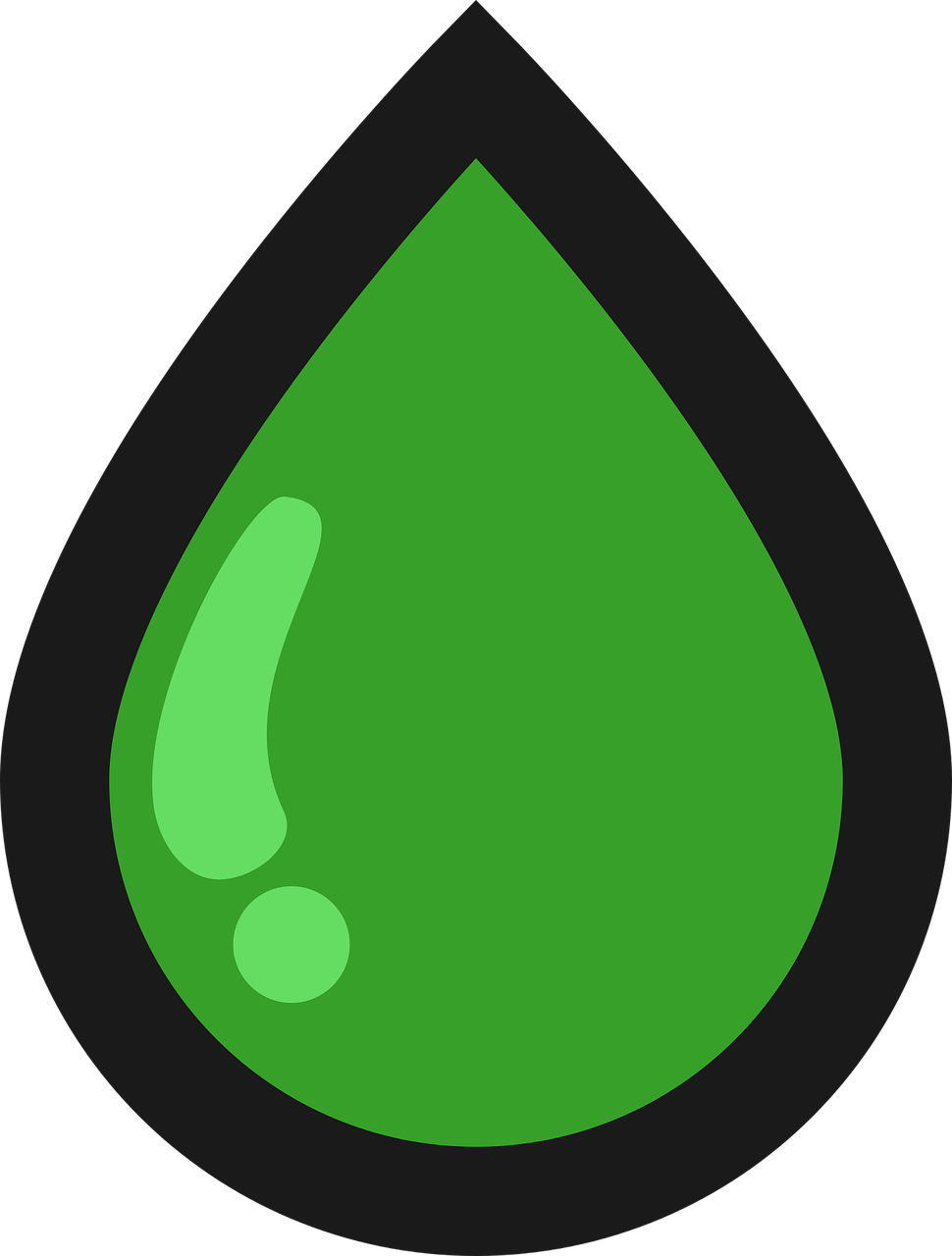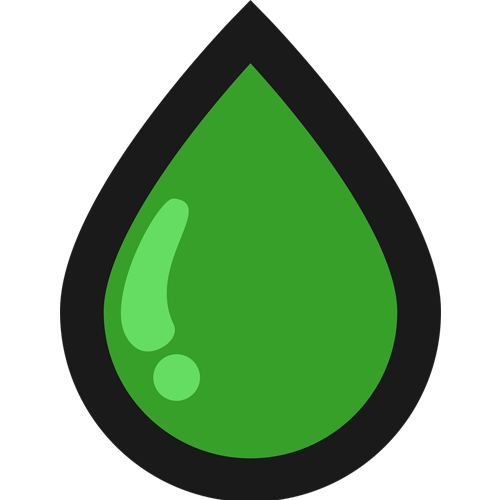You’ve probably heard of CBD—short for cannabidiol, CBD is a chemical compound from the Cannabis sativa plant—and it has had some significant coverage in the media lately due to its increasing popularity as a wellness aide. The question is: how many Americans actually use it or know what it is?
Curious to find the answer, Invisibly used it’s Realtime Research tool to poll 1087 Americans and discovered that most people have never even tried a CBD product and many still don’t understand the difference between CBD, and the closely related compounds of marijuana and THC.
Here’s what Invisibly learned:
- 58% of respondents didn’t know the difference between CBD and THC-containing products such as marijuana.
- 62% of respondents have never tried any type of CBD product and 53% of respondents would not consider using a CBD product for any reason.
- 40% of respondents who have tried CBD products said their primary reason was to reduce stress.
- Women are the biggest consumers of CBD products (at more than twice the rate of men )and they are using it in both topical and ingestible forms.
The survey revealed that 62% of respondents had never tried a CBD product in any form. Of the respondents who had tried CBD, 14% used it in an ingestible form, 11% as a topical ointment or cream, and 13% had tried it in both ingestible and topical form.
Women are using CBD the most and they are trying it more than twice as much as their male and non-binary counterparts.
The survey revealed that the majority of respondents, 58%, did not know the difference between CBD and THC-containing products such as marijuana.
After analyzing the data, we learned that 68% of respondents who have not tried CBD said that they don’t know the difference between CBD and THC-containing products such as marijuana and only 64% of respondents who have tried CBD did understand the difference between the compounds. 36% of respondents who have tried CBD did so without knowing the difference between CBD and THC-containing products. 32% of respondents who have not tried CBD products still understood the difference between CBD and THC-containing products like marijuana.
We discovered that over half of respondents (53%) would not consider using a CBD product for any reason. Of the remaining 47% of respondents who said they would consider using a CBD product, 24% said they would use it to reduce stress and anxiety, 14% said they would use or consider using CBD to reduce both stress and physical pain, and 9% said they would use or consider using CBD solely to reduce chronic physical pain.
Just under 71% of respondents who have never tried a CBD product said that they “won’t use any CBD product” while nearly 30% of respondents who have never tried a CBD product would consider using it to reduce stress, anxiety or physical pain. 40% of respondents who have tried CBD said their primary reason was to reduce stress and anxiety while 17% said their primary reason was to reduce physical or chronic pain. 32% of respondents who have tried CBD use it for both reasons.
In terms of gender and CBD usage, our survey showed that 50% of respondents identified as female, 28% as male, and 22% identified as non-binary.
As I mentioned earlier, women use CBD more frequently than men and non-binary respondents, in both ingestible and topical forms. 59% of women said they have tried both, compared to only 26% of men and 24% of non-binary respondents that have tried both. Women also tried topical CBD more than twice as much as their male and non-binary counterparts, making up 56% of the total, compared to 24% of men and 20% of non-binary respondents.
You can see the full data study here. Invisibly Realtime Research™ polling differs from traditional polling or online surveys and have proven to be extremely accurate at predicting behavior. In fact, Invisibly came the closest in accurately predicting the Presidential election results: FiveThirtyEight polls were off by 38 electoral votes. Invisibly was only off by 4 electoral votes.



